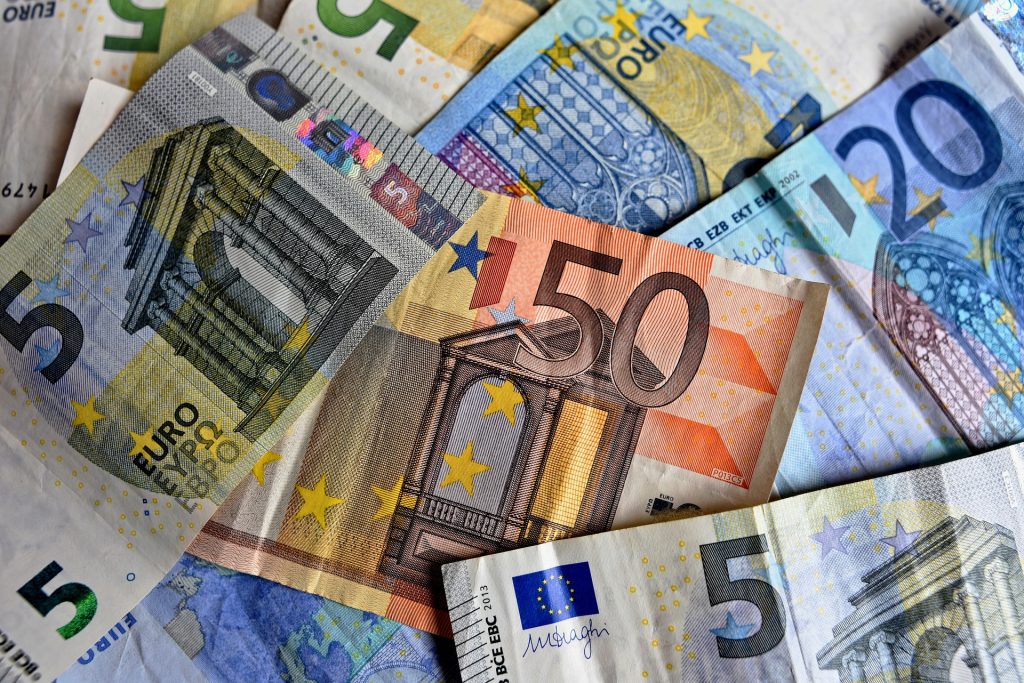“We will do absolutely everything, regardless of inflationary pressure and our efforts to relieve it, to prevent euro introduction from becoming an additional trigger (of price hikes) for individual market stakeholders,” Marić said, adding that this was why the dual display of prices would start on 5 September.
Addressing the conference “Croatia in a New Economic Environment”, organized by the 24sata daily, Marić recalled that the law on the introduction of the euro foresees 12 institutions that are responsible for the implementation of the law, including the Croatian Financial Services Supervisory Agency (HANFA), State Inspectorate, Croatian National Bank and the Finance Ministry.
These institutions will monitor the situation closely, and civil society organizations will join in the process as well so that any unfair conduct is reduced to a minimum, said Marić.
Marić recalled the recent European Commission Convergence Report, which said that Croatia was the only candidate country that had fulfilled all the accession criteria and was prepared to introduce the euro on 1 January 2023.
If Croatia joins the euro area on that date it will have spent the least time in the European Exchange Rate Mechanism (ERM II) of all member states, added Marić.
He said the final decision on Croatia’s accession to the euro area will be adopted by the Council of Finance Ministers in Brussels on 12 July.
“If everything goes as we expect… and Croatia’s entry to the euro area is formally announced for 1 January next year, the rate of conversion will be defined,” he said but could not say whether the exchange rate would be the same as when Croatia entered the ERM II.
He underscored, however, that in the majority of cases it stayed the same, and if there were to be any change that will not be significant.
In July 2020, when Croatia joined the ERMII, the exchange rate was €1 = 7.53450.
Marić added that joining the Schengen area of passport-free movement was also very important for Croatia.
Croatia meets all the criteria to join the Schengen area, however, its admission depends on a number of other factors, including the political will of the member states, he said.
“Croatia has proven that it knows how to protect EU borders,” he said, expressing the belief that the country would achieve the goal of Schengen area membership as well.
For more, check out our politics section.









